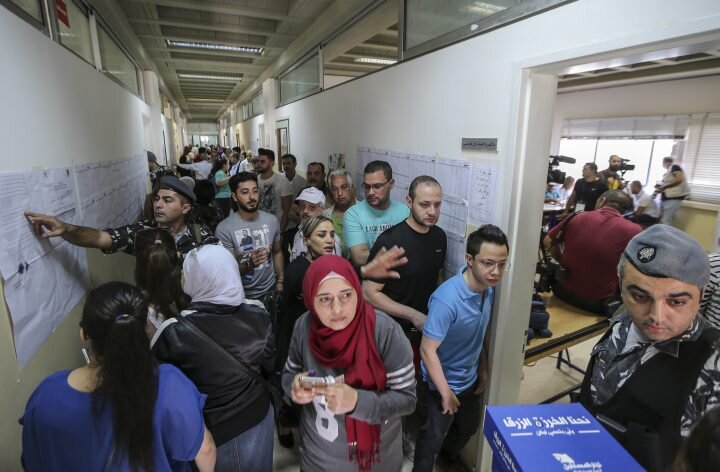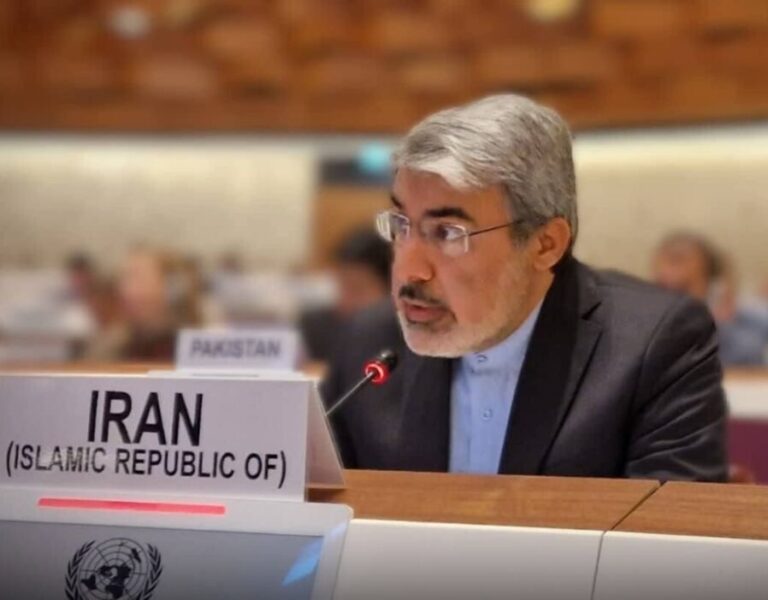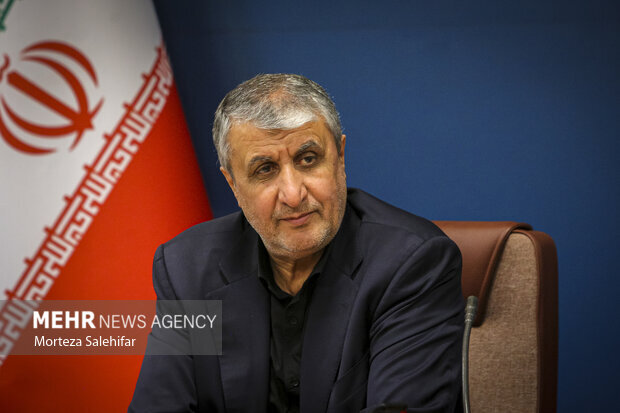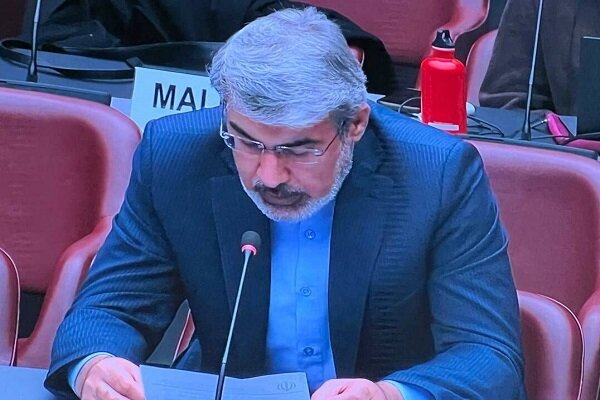Iran’s Nuclear Program Resilient Against Military Strikes: Unbreakable Defense Revealed
In a significant statement regarding Iran’s nuclear program, Foreign Minister Abbas Araghchi emphasized that military action cannot dismantle Iran’s nuclear capabilities. This assertion highlights the resilience and dedication of Iranian scientists, who have cultivated their nuclear knowledge over the years.
During his remarks at the OIC Foreign Ministers’ Summit in Jeddah, Araghchi conveyed his thoughts to Agence France-Presse (AFP), making clear that the current political climate, particularly the ongoing maximum pressure campaign by the Trump administration, poses a barrier to negotiations between Iran and the United States. He asserted that until the U.S. changes its approach, Iran is not inclined to return to the negotiating table regarding its nuclear program.
Here are some key points from Araghchi’s statements:
- Military Action’s Ineffectiveness: Araghchi firmly stated that Iran’s nuclear knowledge is an “irreversible achievement” that resides within the minds of its scientists.
- Negotiation Stalemate: He mentioned that Iran will not engage in negotiations with the U.S. as long as the maximum pressure campaign continues.
- No Urgency with Syria: Araghchi also downplayed the urgency for Iran to engage with Syria’s interim rulers, indicating a strategic patience.
- Warning to Israel: He issued a strong warning about the potential consequences of any Israeli aggression, suggesting that such actions could lead to a broader conflict in the Middle East.
Araghchi’s comments reflect a strong stance against external pressures and a clear message regarding Iran’s commitment to its nuclear program. The Iranian leadership appears resolute in its belief that military threats will not deter their scientific progress.
Additionally, the Foreign Minister’s remarks come at a critical time when tensions in the region are already heightened. The Iranian government is clearly signaling its unwillingness to compromise under pressure, which could have significant implications for future diplomatic efforts.
Furthermore, the emphasis on Israel’s potential actions adds another layer of complexity to the already tense geopolitical situation. Araghchi’s warning suggests that any military confrontation could escalate quickly, affecting not just Iran and Israel, but the entire region.
In light of these developments, it remains to be seen how the international community, particularly the U.S. and its allies, will respond to Iran’s firm stance. The ongoing dialogue about nuclear capabilities and regional security is more crucial than ever, and Araghchi’s statements underscore the importance of diplomatic engagement over military confrontation.
In conclusion, Abbas Araghchi’s statements at the OIC Foreign Ministers’ Summit shed light on Iran’s unwavering commitment to its nuclear program and its refusal to engage under pressure from the U.S. The potential for increased conflict in the region due to Israeli actions adds urgency to the need for a diplomatic resolution. The world will be watching closely as these events unfold.






